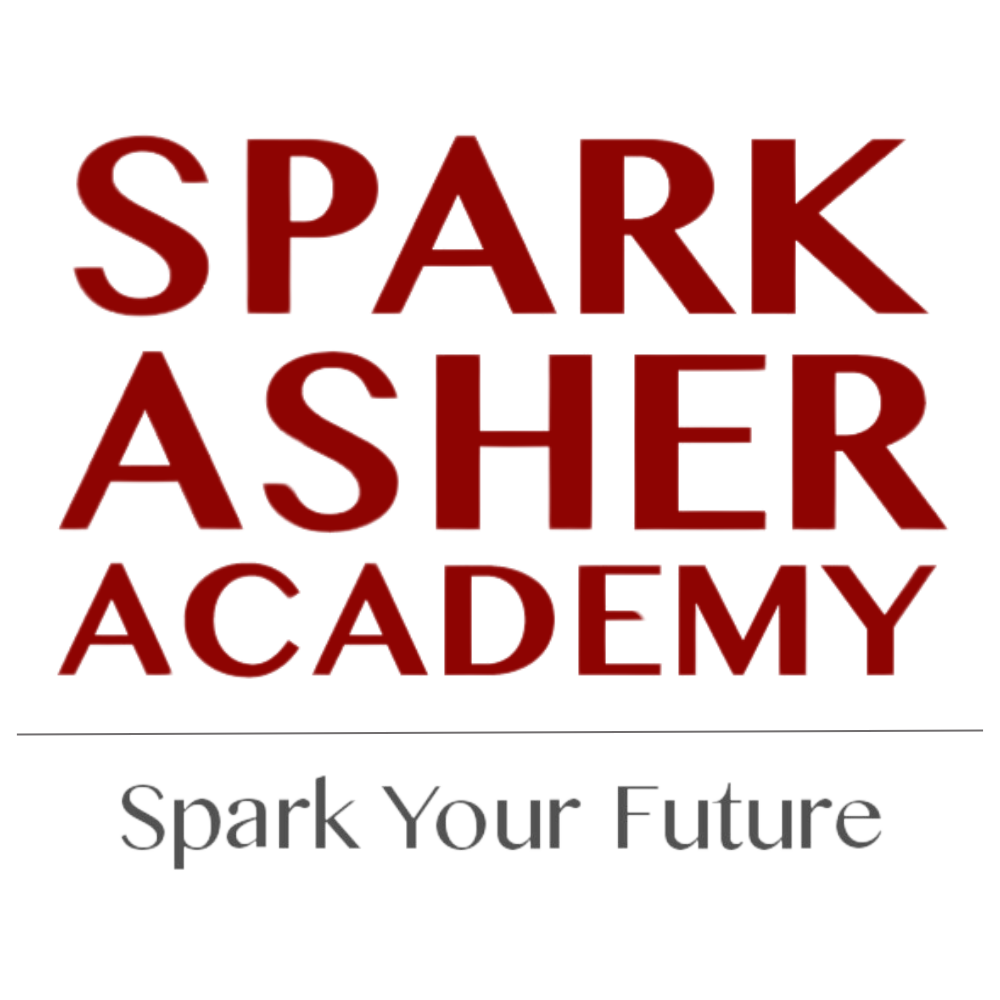SNC2D: Science (Academic)
PREREQUISITE: Science, Grade 9, Academic or Applied
GRADE: 10 (Academic)
AVAILABILITY: Spark Asher Academy Online
THE ONTARIO CURRICULUM: Science
Course Overview
This course explores the meaning of being an informed,participating citizen in a democratic society. Students will learn about the elements of democracy in local, national, and global contexts, political reactions to social change, and decision-making processes in Canada. They will examine their own and others’ ideas about civic questions and learn to think critically about public issues and respond responsibly to them.
Unit One
Biology
- Essential Question: How do plants, and animals function, starting at the tiniest building blocks inside their cells? How are living things alike and different when it comes to how they are organized?
In this unit, you’ll explore how everything, from tiny particles to living things, is organized in a specific way, with each level building on the last to create increasing complexity. You’ll learn how to tell the difference between something that’s alive and something that’s not, and discover the seven key features that define life. We’ll also delve into cell cycles, cell division (mitosis), and how tissues and body systems are built up from different types of cells in animals and plants.
Unit Two
Chemistry
- Essential Question: How do the tiniest bits of matter (atoms) and groups of atoms (molecules) interact with each other and influence the world around them? Can you predict how these interactions will play out and what the results will be?
Safety first! This unit will kick off with the essential rules for staying safe while conducting experiments in the chemistry lab. Then, we’ll dive into the fascinating world of the periodic table, where all the different elements are organized. You’ll learn about the unique properties of each element and how they bond together to form different types of compounds. We’ll also explore chemical reactions, like those that involve acids and bases, to see how they transform one set of materials into another.
Unit Three
Physics
- Essential Question: How does light behave when it interacts with different types of mirrors and lenses? How does this relate to how we see the world and other interesting light phenomena?
This unit will shed light on (pun intended!) the nature of light, exploring both natural and artificial sources and how it travels. We’ll investigate how color is perceived by studying how light reflects and absorbs. You’ll learn about different types of mirrors (flat, curved inward, and curved outward) and how they bend light. We’ll also explore refraction, which is when light changes direction as it moves between different materials, and how lenses use this principle to focus or spread light. This unit will take a deep dive into the human eye, its structure, and how it forms images. You’ll gain insights into the limitations of human vision, how optical illusions can trick our brains, and the science behind mirages.
Unit Four
Climate Change
- Essential Question: What is weather and how does it impact our planet and its various systems? How do human activities play a role?
Get ready to explore the fascinating world of weather and climate, and the different biomes found across Canada. You’ll learn about the three main ways heat transfers (conduction, convection, and radiation) and how they influence Earth’s climate systems. We’ll also delve into a mysterious ocean current called the thermohaline circulation, why it’s crucial for our planet, and the potential consequences if it were to change or stop. This unit will investigate the different layers of the atmosphere and their composition, and how the greenhouse effect works. You’ll analyze evidence that suggests our climate is changing and explore how energy moves around the planet. We’ll also learn about positive and negative feedback loops and how they can accelerate or slow down climate change. Finally, you’ll discover the different spheres that make up Earth and the importance of nutrients for a healthy planet. The unit will wrap up by exploring the various initiatives being taken to combat climate change.
For more details on final exams and the exam fee, please consult our Frequently Asked Questions Page or the Exam section within your course. Additional information can be found in our Student Handbook.
Ready to get started? Register today!


